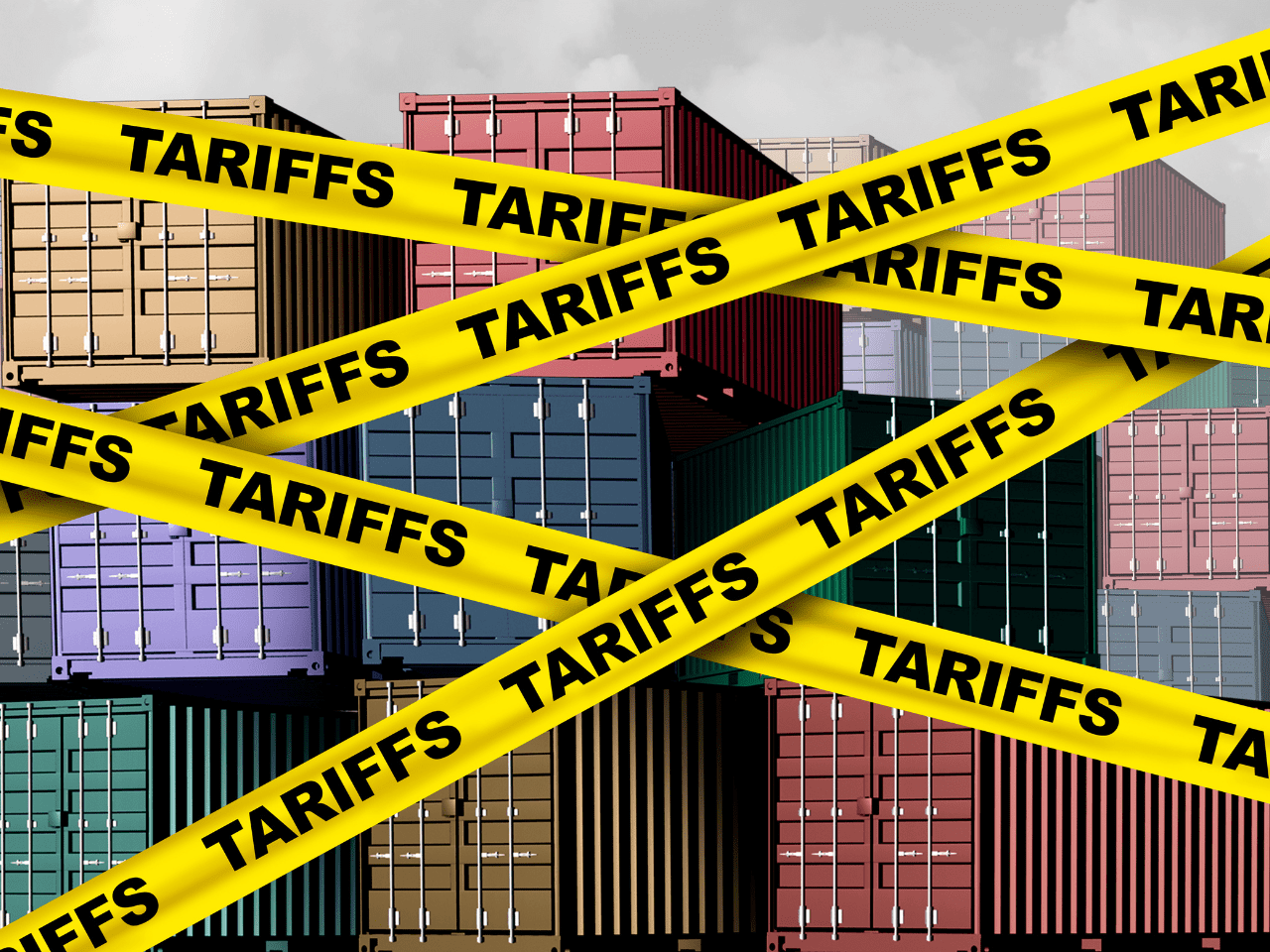In November last year, European Commission President, Ursula von der Leyen, announced her intention to introduce a proposal to amend three key pillars of the European Green Deal through an Omnibus package: the Corporate Sustainability Due Diligence Directive (CSDDD), the Corporate Sustainability Reporting Directive (CSRD), and the Taxonomy Regulation.

Since the announcement, there has been a steady flow of news, commentary, and updates, particularly concerning potential changes to CSRD and CSDDD. As the proposed date for the Omnibus negotiations approaches and speculation continues to grow, this blog provides a short summary of recent developments and possible amendments to CSRD and CSDDD that have been in the news.
At the end of January, a French proposal followed initial recommendations from German officials to amend several elements of CSRD and CSDDD. These recommendations included:
- Indefinitely postponing the entry into force of CSDDD to allow time for the creation of guidelines aimed at reducing litigation risks linked to climate transition plan requirements.
- Reviewing the reporting thresholds for CSRD and CSDDD to reduce the number of businesses subject to increased due diligence and disclosure requirements.
- Halting work on the proposed sectoral standards being developed for CSRD.
- Limiting reporting indicators in CSRD to focus primarily on climate change and climate objectives.
Shortly after the release of these recommendations, the European Commission published its ‘Competitiveness Compass for the EU,’ which also referred to the proposed Omnibus review. Within this 27-page document, the Commission recommended a 25% reduction in reporting requirements for businesses, simplification of regulatory alignment, and a change in the definition of small mid-cap companies to allow more businesses to benefit from simplified reporting requirements.
Developments continued at pace during the first week of February, with reports detailing potential changes under consideration for the ‘Omnibus Edition’, including:
- Amending CSRD reporting thresholds to mandate reporting only for companies employing 1,000 or more people.
- Adopting a single materiality approach for CSRD reporting in alignment with the IFRS ISSB methodology.
- Focusing risk assessment and due diligence efforts related to CSDDD on Tier 1 value chain partners.
Publications from the EU, French, and German officials in January, alongside recent media reports and analyst commentary, have begun to paint a clearer picture of what businesses might expect during the re-opening and negotiation of these landmark pieces of legislation. It seems increasingly likely that we will see some refinement of reporting requirements and adjustments to due diligence and disclosure thresholds for businesses. However, this remains a fast-moving and highly debated issue, with potential for further twists and turns in the coming weeks.
Working with over 200,000 companies globally, Achilles recognizes that a lack of clarity can create significant challenges for businesses. Our sustainability solutions have supported forward-thinking companies for over 30 years, helping them navigate complex legislative and industry requirements. We will continue to monitor the latest developments closely and provide further updates on the ongoing Omnibus discussions in the days ahead.


